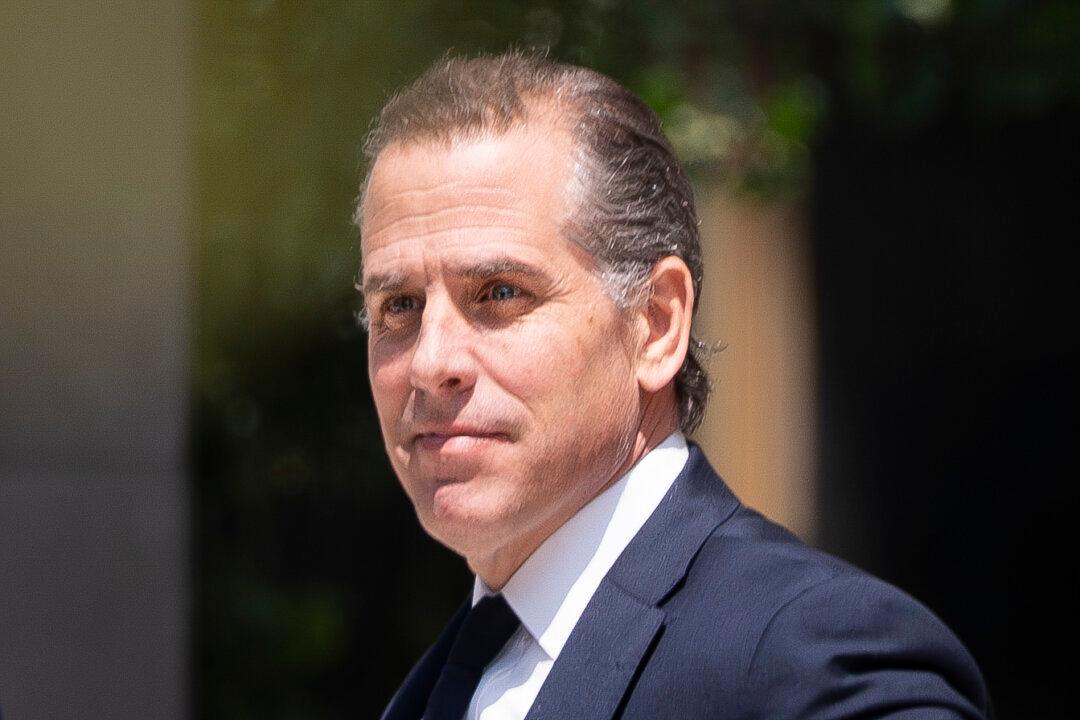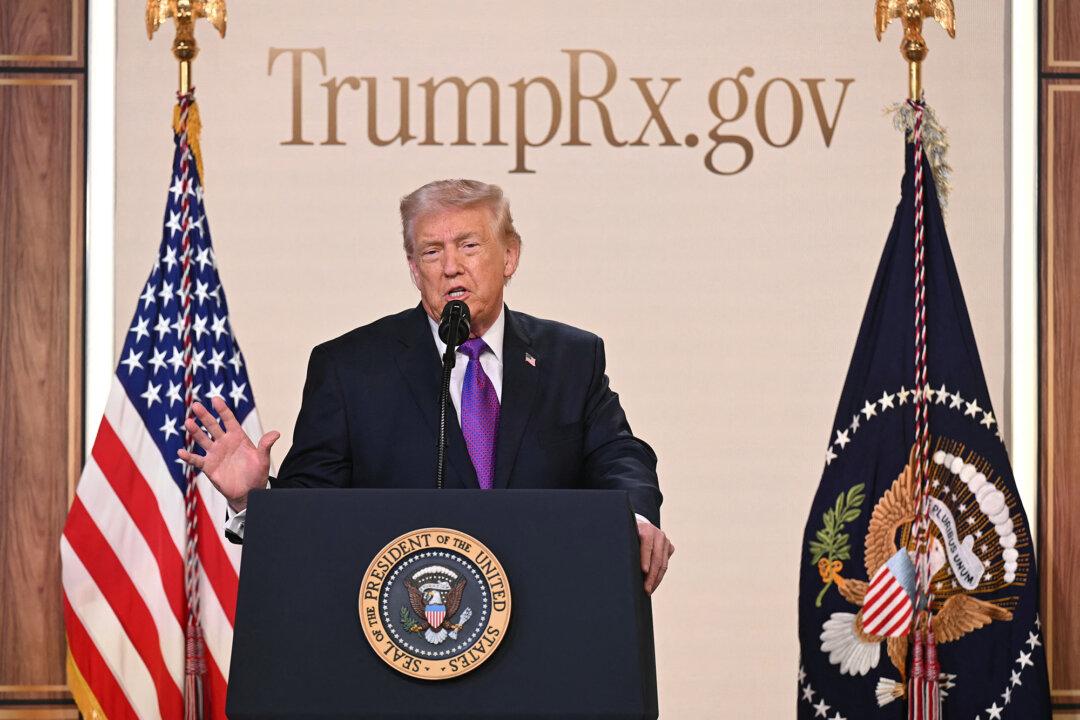U.S. President Joe Biden’s son, Hunter Biden, is appealing to have his recent conviction overturned, citing the appeals court ruling earlier this week in favour of former President Donald Trump.
Mr. Biden was found guilty on June 11 of lying about his drug use to buy a gun in 2018, making him the first child of a sitting U.S. president to receive a criminal conviction.




